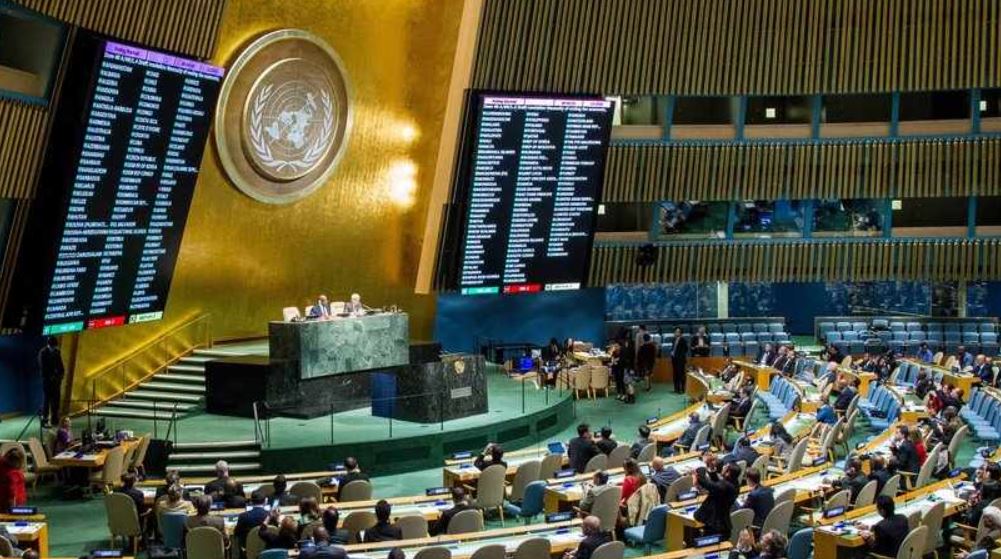
U.S. may abstain on Cuba vote at the UN, reports the AP
Just the thought of it has some up in arms.
The Associated Press reported on Monday (Sept. 21) that the U.S. may abstain from the annual U.N. General Assembly vote on a Cuban-backed resolution demanding that the embargo be lifted. “It is unheard of for a U.N. member state not to oppose resolutions critical of its own laws,” wrote Bradley Klapper and Matthew Lee, two AP reporters, in reference to the news that the U.S. might take the unprecedented step.
As the news broke early Monday, some Republicans in Congress reacted angrily to the news.
Sen. Marco Rubio said that by abstaining, Obama would be “putting international popularity ahead of the national security and foreign policy interests of the United States.”
“General Assembly resolutions are unenforceable,” said Klapper and Lee in their AP report. “But the annual exercise has given Cuba a stage to demonstrate America’s isolation on the embargo, and it has underscored the sense internationally that the U.S. restrictions are illegitimate.
“The United States has lost each vote by increasingly overwhelming and embarrassing margins. Last year’s tally was 188-2 in favor of Cuba with only Israel siding with the U.S. This year’s vote will be the first since the U.S. shift in policy toward Cuba. Israel would be expected to vote whichever way the U.S. decides.”
Sources in the Obama administration have stated that “at the moment the U.S. is still more likely to vote against the resolution than abstain.” But no matter the decision the fact that the U.S. is considering the action (or non action) is historical and significant.
“For the past 23 years, the United Nations has voted on a symbolic resolution that denounces the embargo. Each time, through Republican and Democratic administrations, the United States has voted against the resolution, with a diminishing number of countries backing it up. Last year’s vote was 188-2,” wrote Alan Gomez, for USA Today.
USA Today’s Gomez added, “the U.N. vote, likely next month, comes as Obama tries to rally support for broader changes to Cuba policy following his historic move to reestablish diplomatic relations with the communist island. Since announcing in December that the two Cold War foes would end their 54-year-long estrangement, Obama has expanded the ability of Americans to trade with and travel to the island, and the State Department has removed Cuba from the State Sponsors of Terrorism List and reopened the U.S. Embassy in Havana.”

